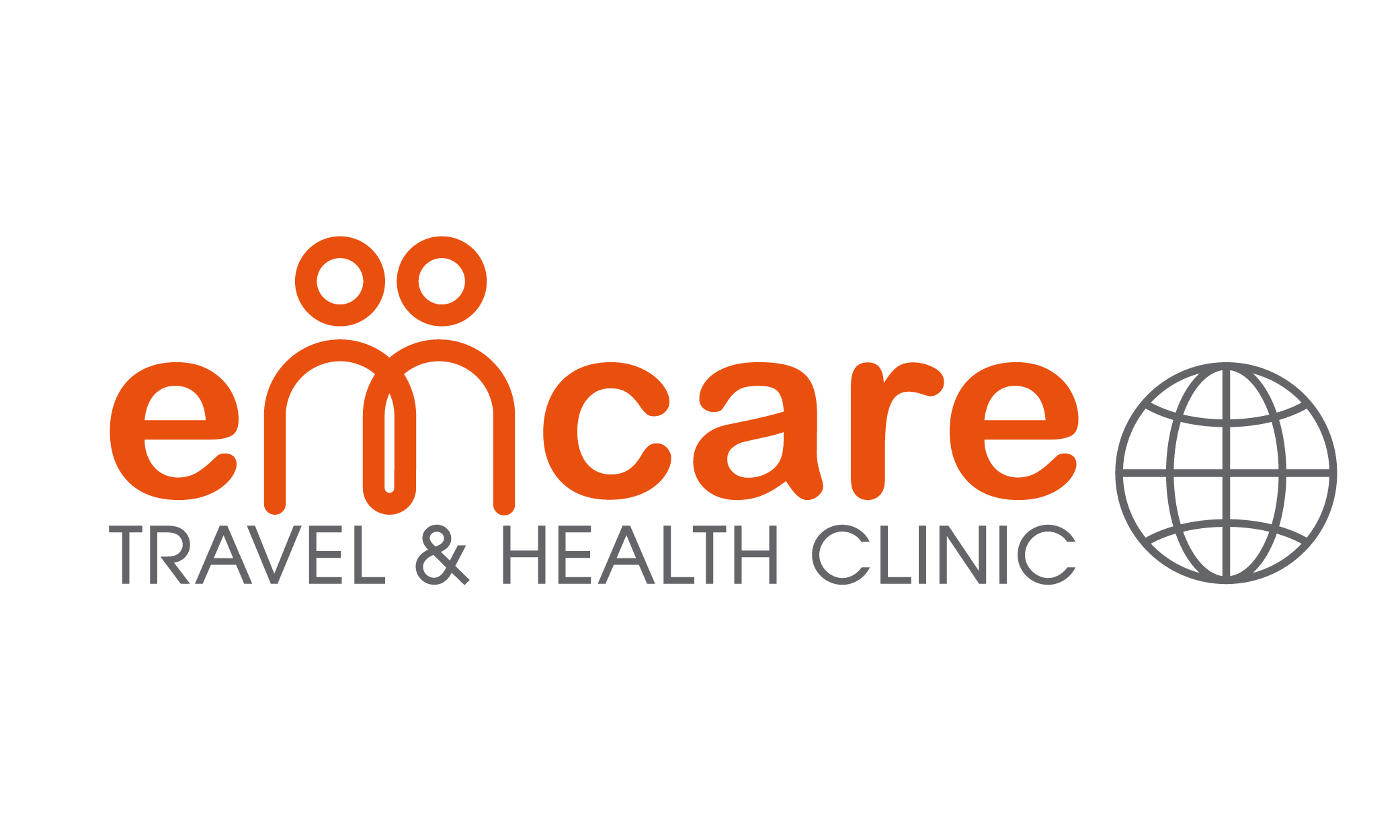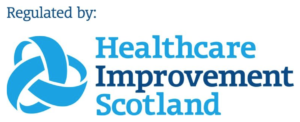For remote and adventure travel, your health planning must begin early, include tailored vaccinations, a robust medical kit, emergency extraction plans and behaviour vigilance — the more preparation you do now, the safer your journey will be.
Venturing off the beaten track into remote, rural or adventurous destinations is deeply rewarding — but also inherently riskier. In such places, medical help may be hours or even days away, and environmental, vector, logistical and psychological stresses can be intense.
As a specialist travel health provider, Emcare Travel Clinic is here to help you with tailored vaccination regimes, risk assessments, expedition medical planning and corporate group health strategies. Learn more on our home page:
Planning Before You Go
Start Early — Book Your Travel Health Consultation
Schedule your consultation as soon as possible — ideally 6–8 weeks before departure. Some travel vaccines require spaced doses over several weeks; others need time to build immunity. Even if your timeline is tight, it’s still worth consulting a travel health specialist. As TravelHealthPro advises, travellers should book appointments at least four to six weeks before travel.
Use our online booking system: Book your appointment here
Conduct a Detailed Risk Assessment
During your appointment, a specialist will take into account:
- Your complete itinerary (countries, duration, altitudes, climate)
- Seasonal and environmental factors
- Your past medical history, existing conditions, medications, allergies
- Vaccination status
- Planned activities (trekking, diving, fieldwork)
- Available local medical infrastructure
Remote travel is not like holidaying in major cities — medical support may be minimal, or non-existent. Patient.info reminds us that, in remote settings, you must assume you may have to look after yourself for prolonged periods.
Vaccinations & Preventive Medicine
Routine & Travel-Specific Vaccines
First, ensure your routine immunisations (e.g. diphtheria, tetanus, MMR, polio) are up to date. Then, depending on your destination, your travel clinic may recommend:
- Hepatitis A & B
- Typhoid
- Rabies (especially important if post-exposure therapy is not reliably accessible)
- Yellow Fever, where required
- Japanese encephalitis
- Meningococcal vaccines
- Cholera, where relevant
At Emcare, we deliver a full Vaccinations for Travel service, tailored to your entire itinerary. Because remote adventures often cross diverse zones (mountains, jungle, plains), your vaccine strategy should support every leg of the journey.
Malaria & Vector Protection
If travelling through malaria-risk zones, prophylactic medication is often essential — but choice and dosage depend on region, parasite resistance, your health status, and potential drug interactions.
But medication alone is never enough: vector avoidance is vital. Use insect repellent (DEET or alternatives), mosquito nets, insecticide-treated clothing, and avoid exposure at dusk/dawn.
Prophylaxis for Other Risks
- Traveller’s diarrhoea: bring oral rehydration salts (ORS), antimotility agents, and, if advised, appropriate antibiotics.
- Altitude: for treks into high altitude, preventive medication (e.g. acetazolamide) can sometimes be recommended — but only after assessment by a travel health professional.
- Other specific prophylactics, depending on endemic diseases in the region.
Building a Robust Medical Kit
In remote settings, your kit is your first line of defence. It must bridge the gap until outside help is reachable.
Core Medical Supplies
- First aid basics: plasters, gauze, tape, antiseptic wipes, sterile dressings
- Pain relief and anti-inflammatories
- Antihistamines, hydrocortisone cream, antiemetics
- Suture kit or wound closure strips (only if trained)
- Blister treatments, blister pads
- Tweezers, scissors, thermometer, medical gloves
- Antibiotics / antivirals (provided by your travel clinician)
- ORS sachets
- Water purification solution: tablets, filters, UV devices
- Personal prescription medications (extras, original packaging, prescription notes)
- Insect repellent, insecticide-treated clothing, mosquito net
- Snake-bite kit in high-risk zones
- Spare batteries, solar charger, backup power bank
- Emergency medical and evacuation plan documents
- Satellite communicator or personal locator beacon (PLB)
Documentation & Tools
- Vaccination record / certificate
- Medical history summary: conditions, medications, allergies
- Travel insurance details, emergency contact sheet
- Itinerary and check-in schedule left with trusted contact
- Maps, GPS device, compass, and backup navigation
Patient.info emphasises that when medical support is distant, your kit should anticipate common conditions (injuries, infections, GI issues) and greater delays in assistance. Patient
Environmental & Contextual Risks
Altitude, Terrain & Climate
High altitude, extreme heat or cold and difficult terrain can impose severe physiological stress:
- Altitude sickness risk increases above ~2,500 m; acclimatise slowly and recognise symptoms.
- Cold weather may bring hypothermia and frostbite; use insulating layers and wind protection.
- Heat and dehydration are significant threats in tropical or arid zones; stay hydrated and avoid exertion during hottest hours.
- Slips, falls, insect attack, animal hazards and harsh terrain all demand cautious movement, good footwear, and situational awareness.
Vector & Wildlife Hazards
In remote areas, exposure to insects (mosquitoes, ticks, sandflies), snakes, spiders, wild mammals, zoonotic diseases (e.g. rabies, hantavirus) is more common. Always:
- Wear protective clothing
- Check for ticks
- Avoid direct contact with animals
- Pre-exposure rabies vaccination is strongly advised in many remote zones, since post-exposure treatment may be unavailable.
Food, Water & Gastrointestinal Risk
Foodborne and waterborne infections are a high probability in remote areas. The Patient.info guide highlights the importance of purifying water, avoiding raw vegetables unless washed in safe water, and being cautious with local food hygiene practices.
Boil, filter or chemically treat all water. Use ORS for rehydration if diarrhoea or vomiting occurs.
Insurance, Evacuation & Emergency Planning
Choose Expedition-Capable Insurance
A standard travel policy may not cover remote-area risks. Your policy must cover:
- Medical evacuation / repatriation
- High-risk activities (trekking, climbing, remote fieldwork)
- Search & rescue
- Pre-existing health conditions
Validate that your insurer accepts your precise itinerary.
Identify Local Medical Access & Evacuation Options
- Before travel, pinpoint clinics, hospitals or field stations along your route
- Estimate travel times to those facilities
- Share your itinerary & check-in schedule with a responsible contact
- Carry satellite communication or PLB devices
- Prepare group evacuation protocols and first-aid training
Patient.info warns that in remote zones, illnesses or injuries may require many hours of travel before reaching care. Patient
Staying Healthy On the Move
Daily Habits & Vigilance
- Wash hands or use sanitiser regularly
- Use insect protection consistently
- Drink only treated or filtered water
- Follow sun safety practices (SPF, hats, shade)
- Inspect feet and skin daily
- Keep wounds clean and watch for signs of infection
Early Symptom Monitoring
Mild symptoms—fever, GI upset, rash, cough—can precede serious conditions. Monitor with a thermometer. Don’t dismiss early signs. If symptoms escalate, seek the nearest medical facility immediately.
Mental Resilience & Rest
Adventure travel puts psychological stresses: isolation, discomfort, fatigue. Build rest days into your schedule, maintain connections when possible, practise stress management (breathing, journaling, group support).
After You Return
- Some infections (e.g. malaria, dengue) have delayed onset. If you develop fever, rash or flu-like illness in the weeks after return, see a GP and inform them of your travel history.
- Seek post-travel consultation if you had illness en route.
- Update your vaccination record and inform your regular clinician about insect bites, injuries or encounters.
- Reflect on what could be improved in your kit, behaviour or planning for future journeys.
Special Considerations for Corporate & Group Adventure Travel
When you are organising remote travel for teams—expeditions, research trips, off-grid corporate retreats—extra layers of planning are needed:
- Assess group medical statuses and plan as a unit, not just individually.
- Carry redundancy in medical supplies and communication gear.
- Appoint or train a group medic / first-aid lead.
- Build clear communication protocols: check-ins, emergency escalation, role assignment.
- Ensure your organisational insurance covers expedition risks.
Emcare offers corporate travel health services tailored to expedition & fieldwork groups.
Conclusion
Remote and adventure travel is unforgettable, but it demands far more than casual preparation. With early, informed health planning — including tailored vaccinations, a comprehensive medical kit, evacuation strategy, and vigilant behaviour — you reduce risks and increase confidence to explore further, deeper, and safer.
At Emcare Travel Clinic, we specialise in helping travellers like you prepare for even the most remote trips. Whether it’s personal expedition preparation or supporting your corporate or group venture, we’ve got you covered. Book your appointment via our clinic booking page or call us on 0141 404 0075 for a bespoke consultation today.


Recent Comments